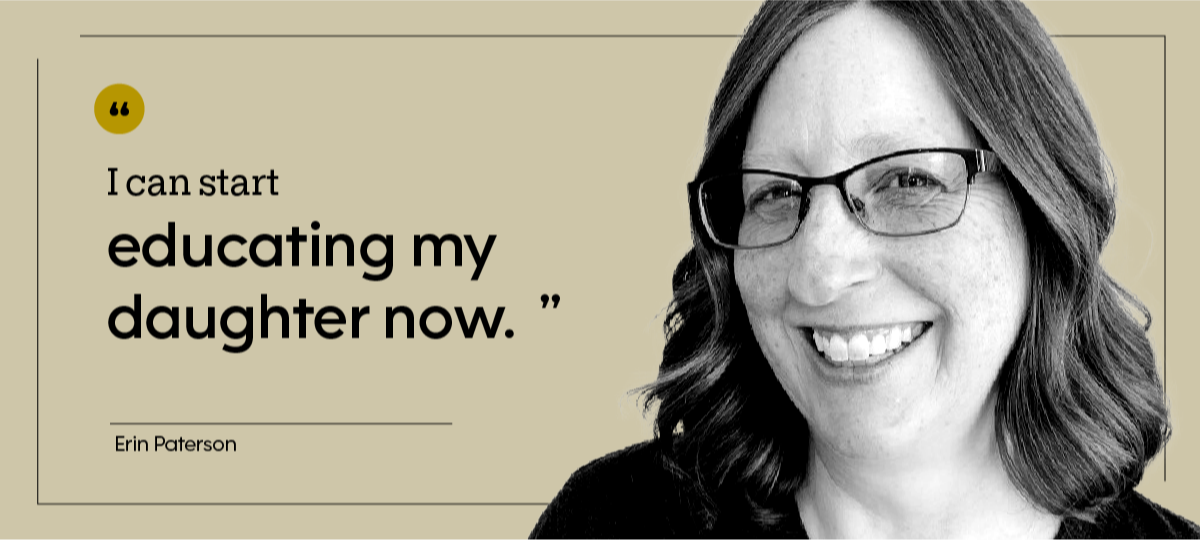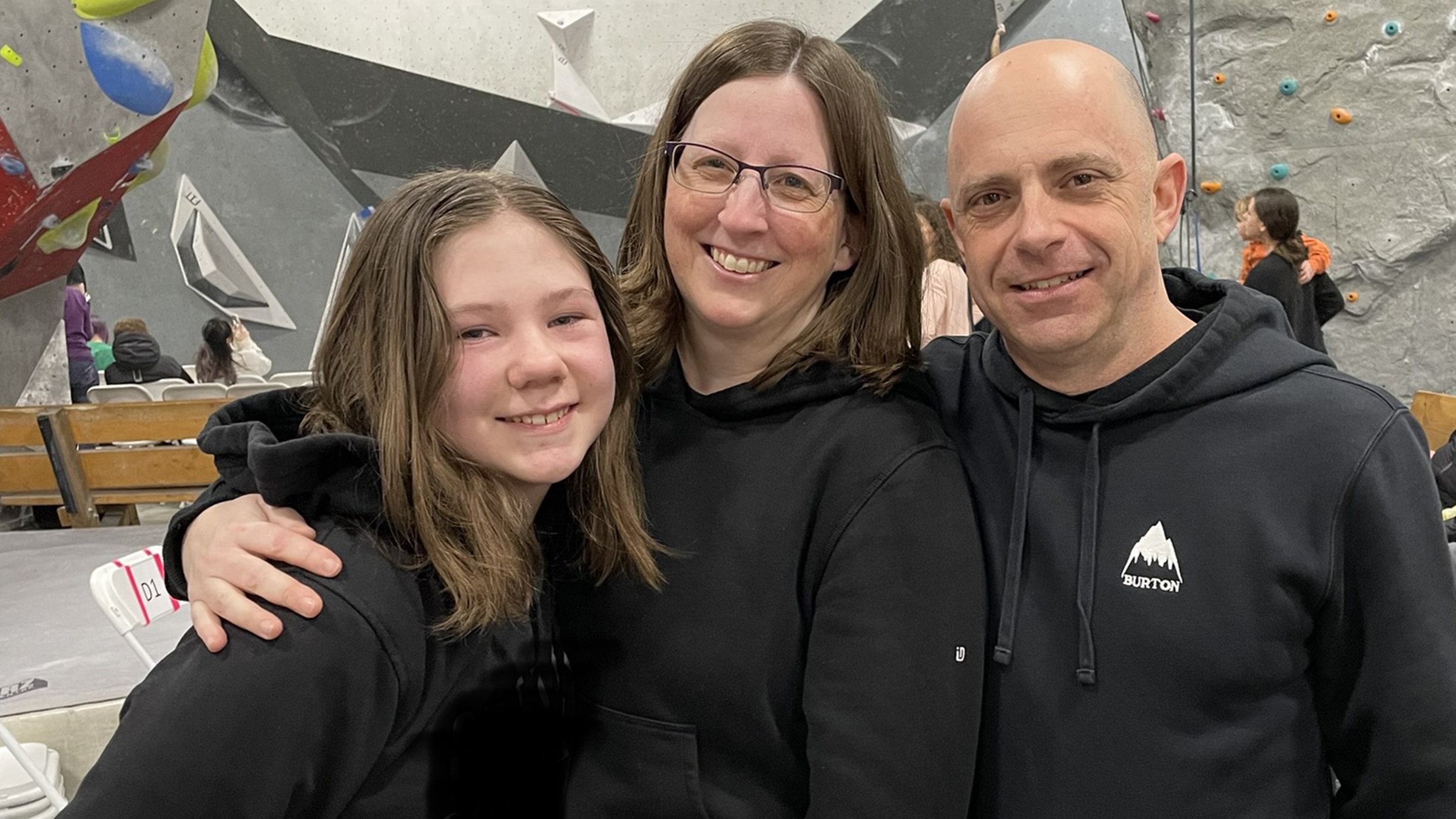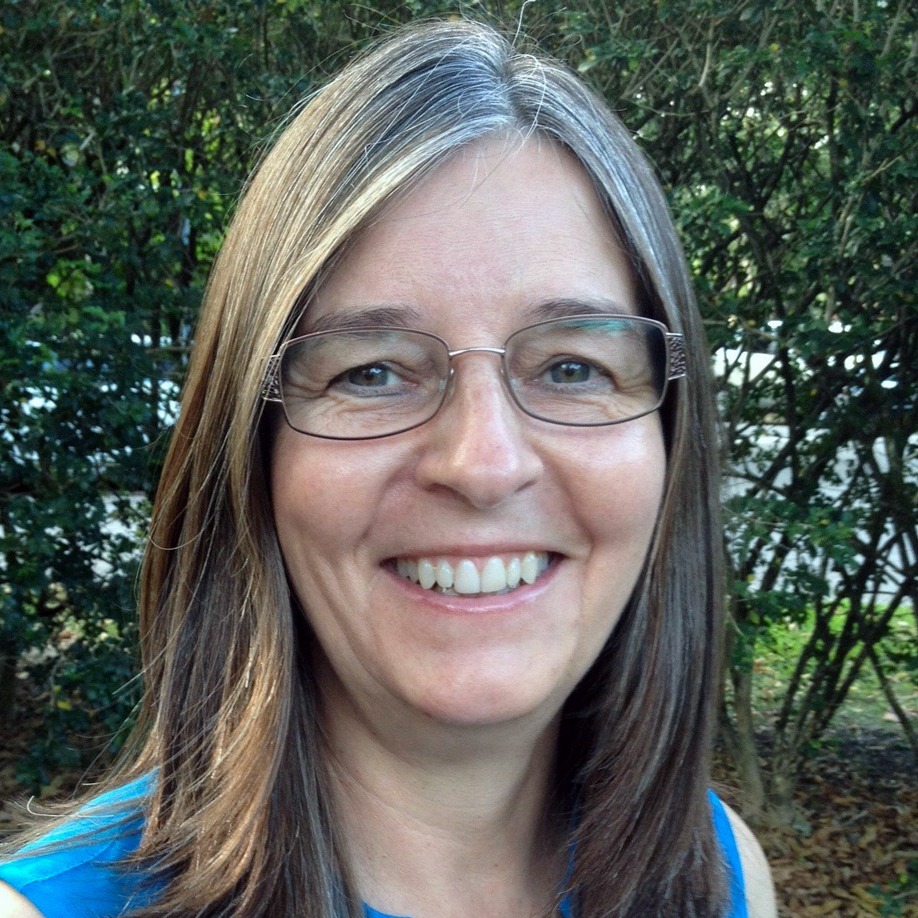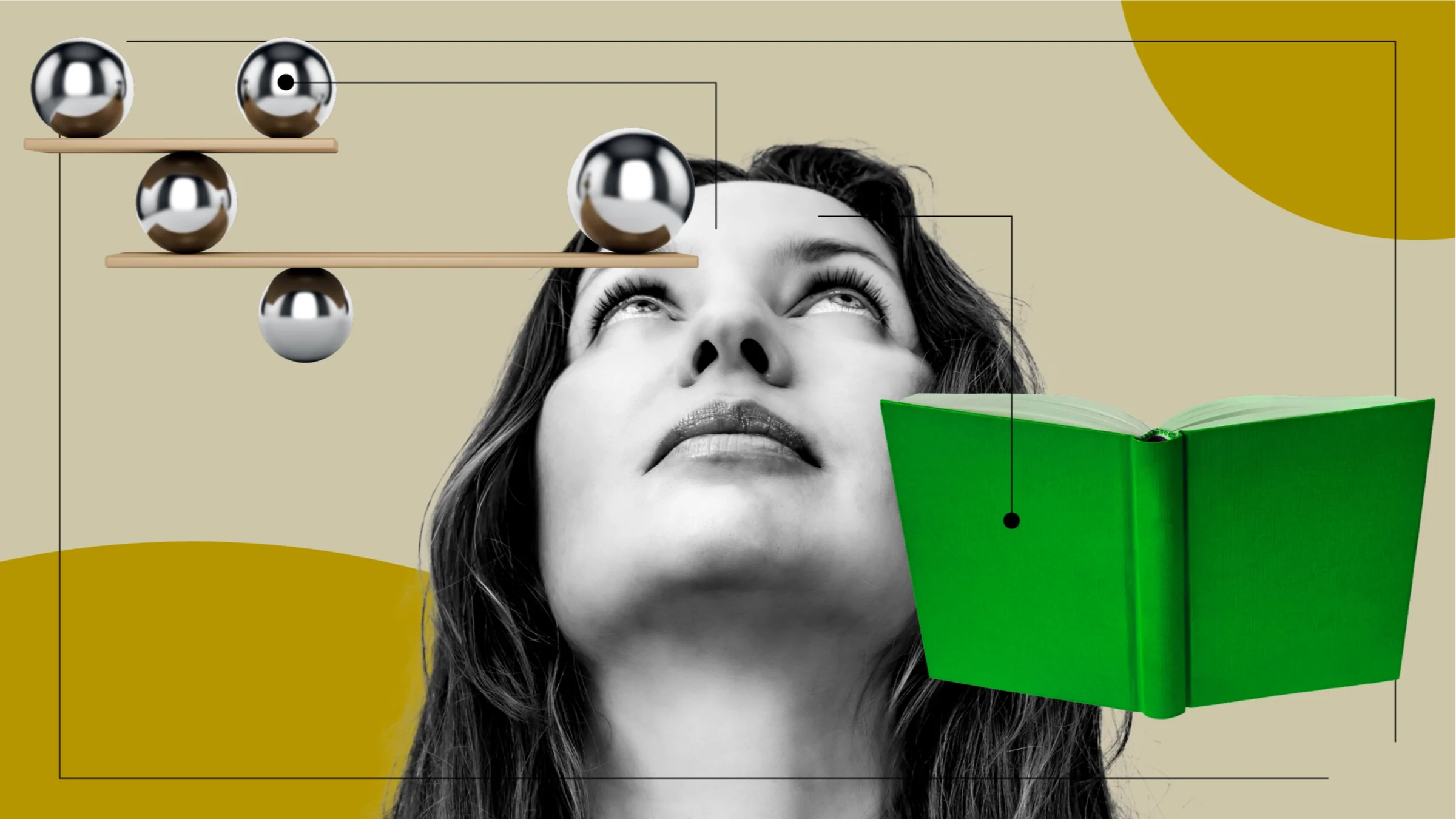Key takeaways:
Huntington’s disease is an inherited brain condition that usually strikes in middle age or later years.
Common symptoms include difficulty moving, walking, talking, thinking, swallowing, and interacting socially with others.
Tests can identify people who have the gene that causes Huntington’s. Knowing that you have the gene is difficult, especially for people who have had a parent or grandparent with Huntington’s and have seen their gradual emotional, mental, and physical decline.
Erin Paterson does not yet have Huntington’s disease (HD), but she sees her future every time she visits the retirement home where her 79-year-old father now resides.
Her father, who was diagnosed with the inherited brain disease in the mid-2000s, is coherent and can interact with people. But he can speak only a few words at a time. His body movements are jerky or uncontrollable. Answering a simple question might require 30 seconds of waiting for the words and concepts to turn into a shortened three-word response.
He has difficulty maintaining eye contact, yet remains aware of everything around him. His brain simply won’t allow him to move and interact normally.
“I didn’t know about Huntington’s disease in my family, because it wasn’t something that was talked about,” Erin says. “My paternal grandmother was never officially diagnosed, because doctors at the time didn’t know if she had Alzheimer’s or Parkinson’s or something else when she was alive.”
A positive test triggers years of emotional struggles
The family’s silence about Erin’s grandmother’s health and behavior lasted until Erin and her husband, then in their early 30s, announced that they were planning to have children.
“We were at a family brunch, and told my parents, ‘Hey, we’re trying to have a family, and you’ll be grandparents next year!’” Erin recalls. “We thought they’d be excited … but they weren’t. We were taken aback by their lack of emotion. They just brushed it off.”
A few days later, Erin found out why: Her mother called Erin to suggest genetic testing for Huntington’s disease, based on her grandmother’s symptoms and behaviors. Erin decided to undergo testing but didn’t tell her parents.
Eight months later, the results arrived: Erin tested positive for the Huntington’s gene, and her father revealed that he, too, had been tested and the result was positive. Now that her father is in his late 70s and has developed Huntington’s, he lives in a care home and Erin is his primary caretaker.
Erin, now 48, is a mother, author, and speaker, and the founder of the Toronto-based Lemonade Press. She has worked hard over the past 15 years to come to terms with the fact that her father’s ongoing struggles are her future health reality as well. She now focuses on helping others cope with ongoing or looming health challenges.
‘Live your life’ — How is that possible?
Erin remembers the advice she got from her genetic counselor: “Go on and live your life.”
“I didn’t understand how that was mentally or emotionally possible,” she says. “Now that I know this is my future, how am I supposed to live my life, knowing what’s coming? In the beginning, I was thinking ‘What’s the point of my life? What’s the point of living if this is how my life is going to be?’”
“It’s still a balancing act,” she says. “It’s very easy to spiral into the negative and let my imagination run away. And as my dad gets sicker, it gets much harder to witness his decline, knowing that’s my future. Every time I see him, he triggers me, because I know I’m next.”
Finally, a coping plan
Over time, Erin has developed a comprehensive strategy to cope with the day-to-day challenges of knowing she has a genetic disease. The same approach has also helped her cope with infertility and depression. She and her husband eventually adopted a daughter, now 10.
“Just because I don’t have HD yet doesn’t mean I’m not upset about it. But I’ve slowly come to terms with it,” says Erin, who has worked hard for 10 years to overcome depression and anxiety about her health trajectory.

“It’s hard to live, knowing that Huntington’s is my future. But I’ve decided that I’m not going to be like my family. I’m more vocal about it,” she says. “What prompted me to be an open advocate was the realization that if I’m not talking about it, I’m keeping it a secret. And I got sick of feeling shameful.”
Erin is a participant in Enroll-HD, an international observational study of Huntington’s disease. For the study, she and other patients are screened regularly in an effort to enhance understanding of HD, support clinical trials, and improve clinical care.
Erin also puts effort into looking after her mental health. She goes to therapy, participates in support groups, and works with a mindset coach. She also runs, writes, listens to podcasts, and reads memoirs as a way of using other people’s experiences to understand her own challenges and to feel less alone. She has written two books, “All Good Things” and “Huntington’s Disease Heroes.”
Her advice for others who are gene-positive for Huntington’s?
“Your feelings are valid, no matter how you’re feeling,” she says. “There’s definitely someone out there who’s feeling the same way. Even if people in your life don’t immediately understand your feelings or what you’re going through, it doesn't mean your feelings are wrong.”
One of the biggest decisions for people with the Huntington’s gene, she says, is whether to have children, knowing that the disease can be passed along.
“There’s a lot of controversy about whether it’s morally correct to have children if you have a genetic disease,” Erin explains. “There’s no right or wrong way to have kids. You have to do what’s right for you and your partner. Even within families, people will disagree, and that’s OK. It doesn’t mean you’re making a wrong choice.”
Advice for caregivers
Three words sum up Erin’s advice for those caring for someone with Huntington’s disease: “Give yourself credit.”

She always thought of “caregiving” as a hands-on activity, focused primarily on a loved one’s personal care, hygiene, grooming, feeding, and the like.
“Until I heard other caregivers talking about paying all the bills, taking a loved one to doctor’s appointments, ordering Ensure and other supplies, making sure the care staff are checking in on him, and taking care of him,” she says. “I’m doing all of that, too. And it takes a ton of time and a ton of emotional energy. As his daughter, I made the choice to do this for him. So, give yourself enough credit for that.”
Erin also recommends finding support systems and coping mechanisms that work for you. Hers are meditation, pottery, and exercise. When panicky feelings or events trigger distress, she stops and asks herself, “How can I make my day better?” Some days it’s a cup of tea in a beautiful mug, other days a walk outside.
And for anyone who ponders the question: What’s the point of knowing if you have the inherited gene for Huntington’s disease?
“The point of knowing is that I don’t have to live the life that my family before me lived,” Erin emphasizes. “I can start educating my daughter now. And every time I interact with my father — her grandfather — she’s learning how to interact with someone who has Huntington’s disease.”

Why trust our experts?










